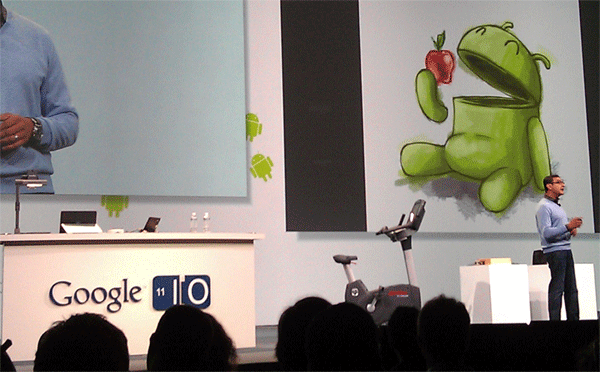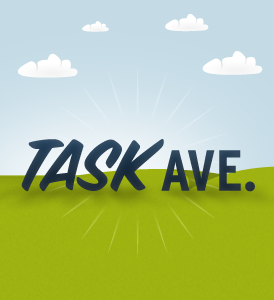Google I/O: Day 1 Summary

The Google I/O keynote for day one was Android-heavy. It started off by revealing the sales figures for the operating system then continued by revealing new features for Honeycomb 3.1, which include expanding the task switcher to include more apps, a way the view the most recently opened apps quickly and a function that will shut down programs for the same of saving battery life.
Next on the table was “Ice Cream Sandwich,” the upcoming version of the Android mobile operating system. Set for a fourth quarter launch, Android hopes to incorporate many of the features from the Honeycomb OS, including richer widgets and advanced applications and will follow the iOS trend by being compatible on smartphones and tablets, albeit with differing capabilities.
Next on the agenda was Google’s answer to iTunes: Youtube will now offer premium content that can be accessed at a computer, on an Android tablet, or on an Android smartphone (cross-compatibility with iOS is unclear at this point.)
As reported earlier, Apple and Amazon are preparing to release their cloud-based services – well, it Google has beat them to the punch (sort of.) “Music Beta by Google” is Google’s cloud service, demonstrated in it’s ease of usability and given to the audience to try – the only catch is that the service is in beta at the moment and is only available by invitation in the USA. It has an odd similarity to the way iTunes works – instant mix looks almost exactly the same as Apple’s “Genius” function. “Music Beta by Google” will be free for the time being, but it seems like they are planning on changing that after the beta is over.
Google has addressed issues about the way updates are implemented, and they are working with the Android smartphone makers, as well as American carriers to assure updates will be available for all phones at the same time, assuming their hardware is up to par with the update.
Finally, Android @Home was demonstrated. A platform for developers to be able to find new and exciting way to implement the Android OS in a variety of ways, Android @Home is an engineer’s dream because it provides limitless potential to the ways the Android operating system can be used. They showed interesting demos – a tablet controlling lights around the room, a game controlling lights based on what’s happening graphically and a giant “Labyrinth” game controlled by the tablet’s tilt sensors. As a wrap-up, they gave away the 10.1 Galaxy Tab to the audience – a device that has yet to be released in stores.
Stay tuned for tomorrow’s summary of day 2.









